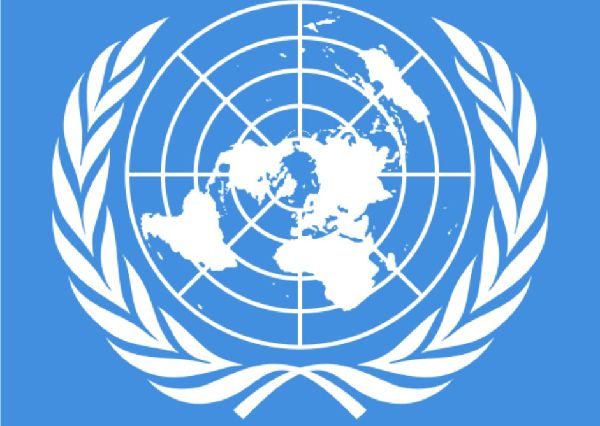
Effect of COVID-19 pandemic on children — UN report
The United Nations (UN) has recommended the provision of economic assistance, including cash transfers to low-income families and minimised disruptions to social and healthcare services for children.
“We must also prioritise the most vulnerable such as children in conflict situations; child refugees and displaced persons; children living with disabilities,” it said.
Advertisement
These were part of recommendations in a report issued on April 16, 2020 by the UN that highlighted the risks that children faced in the wake of the COVID-19 pandemic.
The report among others recommended that “we must commit to building back better by using the recovery from COVID-19 to pursue a more sustainable and inclusive economy and society in line with the Sustainable Development Goals (SDGs).
In a press release after the launch of the report, the UN Secretary General, Mr António Guterres, said: “As the COVID-19 pandemic spreads across the globe, we are seeing an alarming pattern.
“The poorest and most vulnerable members of society are being hardest hit, both by the pandemic and the response. I am especially concerned about the well-being of the world’s children.
“Thankfully, children have so far been largely spared from the most severe symptoms of the disease. But their lives are being totally upended. I appeal to families everywhere, and leaders at all levels: protect our children.”
Education
The report identified that the first risk that children were facing was in the area of education.
It said almost all students were now out of school as some schools were offering distance learning, but this, it said, was not available to all, saying children in countries with slow and expensive Internet services were severely disadvantaged.
The report, therefore, urged governments and donors to prioritise education for all children.
Food
The second risk identified in the report was in the area of food security.
It said a staggering 310 million schoolchildren, that is nearly half of the world’s total, relied on school for a regular source of daily nutrition, saying that even before COVID-19 the world faced unacceptable rates of childhood malnutrition and stunting.
Safety
The third risk identified in the report was in the area of child safety.
It said with children out of school, their communities in lockdown and a global recession biting deeper, family stress levels were rising and children were both victims and witnesses of domestic violence and abuse.
It identified that with schools closed, an important early warning mechanism for child abuse was missing.
The report also said that there was also a danger that girls would drop out of school, leading to an increase in teenage pregnancies.
Also it said “we must not ignore the growing risks children are facing as they spend more time online,” saying this could leave children vulnerable to online sexual exploitation and grooming.
It has also identified that a lack of face-to-face contact with friends and partners may lead to heightened risk-taking such as sending sexualised images, adding that increased and unstructured time online may expose children to potentially harmful and violent content as well as greater risk of cyberbullying.
The report, therefore, said governments and parents all have a role in keeping children safe while social media companies had a special responsibility to protect the vulnerable.
Health
In the area of health, it said reduced household income would force poor families to cut back on essential health and food expenditures, particularly affecting children, pregnant women and breastfeeding mothers.
It said polio vaccination campaigns had been suspended in countries while measles immunisation campaigns had also stopped in at least 23 countries.
It added that “as health services become overwhelmed, sick children are less able to access care,” saying that with the global recession gathering pace, there could be hundreds of thousand additional child deaths in 2020.
Conclusion
In conclusion, the report called on governments to “act now on each of these threats to our children”.
It called on leaders to do everything in their power to cushion the impact of the pandemic, saying “what started as a public health emergency has snowballed into a formidable test for the global promise to leave no one behind”.
The UN Secretary General concluded that “with the pandemic placing so many of the world’s children in jeopardy, I reiterate my urgent appeal: let us protect our children and safeguard their well-being”.



